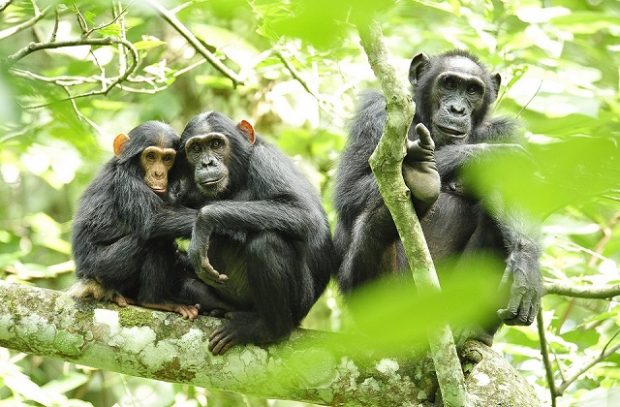
National Drought Group and World Environment Day
Written by Defra Press Office
National Drought Group and recent dry weather coverage

There has been further coverage of dry weather over the weekend in the Sunday Times and Daily Star, following the meeting of the National Drought Group chaired by the Environment Agency on Friday (5 June).
The coverage looks at figures released by the UK Centre for Ecology and Hydrology indicating that some of the traditionally wettest places in the UK such as the Lake District and Yorkshire have become so dry that many areas are at risk of wildfires.
The National Drought Group, which brings together many key players in the water industry, published a statement following Friday’s meeting. It explains that while extremely wet winter has replenished depleted groundwater aquifers, a period of prolonged hot and dry weather has reduced river flows and dried out soils. This is particularly the case in areas such as north-west England which are more reliant on surface water supplies, making them naturally less resilient to exceptionally low rainfall.
Almost all water companies have seen elevated demand due to both the recent hot, dry weather and the impact of the coronavirus pandemic. In some cases this has created a challenge for companies to treat and distribute enough water to meet demand. This is expected to continue as more people stay at home over the summer compared to previous years.
The Environment Agency are monitoring the situation closely and working with water companies to encourage the public to make small changes to use less water while also following government guidance around handwashing. In March government introduced the National Framework for Water Resources, setting out what is required to preserve our water supplies and protect the environment for future generations.
A Defra spokesperson said:
£10.9 million Darwin funding for international conservationThe current dry weather reminds us that we must all work harder to tackle the additional pressure climate change puts on our water resources and ensure we have enough for the future. We urge people to be mindful of their water usage and to listen to their water provider’s advice alongside public health guidance during hot and dry weather.
The recently published National Framework for Water Resources sets out a bold vision for bringing together consumers, businesses and industry to safeguard the future of our water resources while ensuring that our natural environment is protected for future generations.

There is positive coverage in the Telegraph of our announcement on World Environment Day (5 June) of £10.9 million of government funding for global projects to protect rare wildlife and vulnerable habitats.
Wildlife set to benefit include turtles in the British Virgin Islands, penguins in South Georgia and the South Sandwich Islands, coral reefs in Comoros and endangered chimpanzees in Uganda.
Over the next three years, 17 projects will receive £5.7 million through the Darwin Initiative – a world-renowned scheme that protects wildlife and the natural environment across the world. In addition, £5.2 million will be given to 21 projects through the Darwin Plus scheme for conservation of the unique and globally significant plants and animals that reside in UK Overseas Territories.
The Telegraph article focuses on the funding of an RSPB project to release predatory insects onto Tristan da Cunha, a British Overseas Territory in the South Atlantic, to protect the world’s rarest bunting.
International Environment Minister Lord Goldsmith said:
World Environment Day provides us all with a stark reminder of the need to take urgent action to reverse global biodiversity loss.
Through our Darwin Initiative and Darwin Plus programme, we are restoring many precious natural environments across the world, helping to transform the lives of the poorest communities and prevent the extinction of some of the world’s most wonderful species.
At the Spring Budget, the Chancellor announced the government would triple funding for the Darwin Plus programme to £10 million to help protect natural environments in UK Overseas Territories. This builds on the £220 million for biodiversity conservation in developing nations, and the doubling of UK international climate finance, announced by the Prime Minister at the UN General Assembly last year.
A full list of projects, including a number of small schemes, to be supported by the Darwin Initiative and Darwin Plus programme is available on the Darwin Initiative website.
Follow Defra on Twitter, and sign up for email alerts here.
Continue reading on Defra Website...





